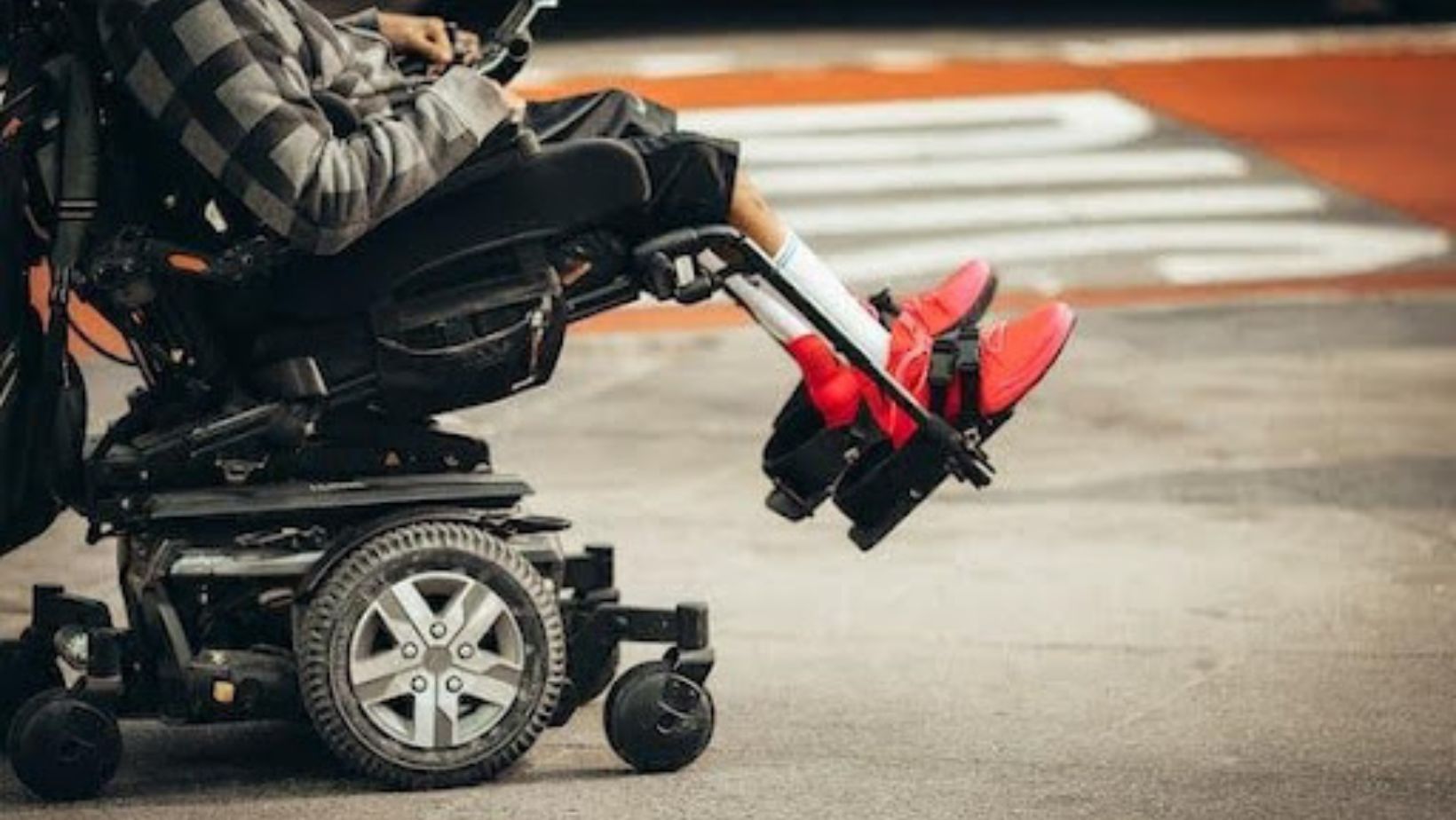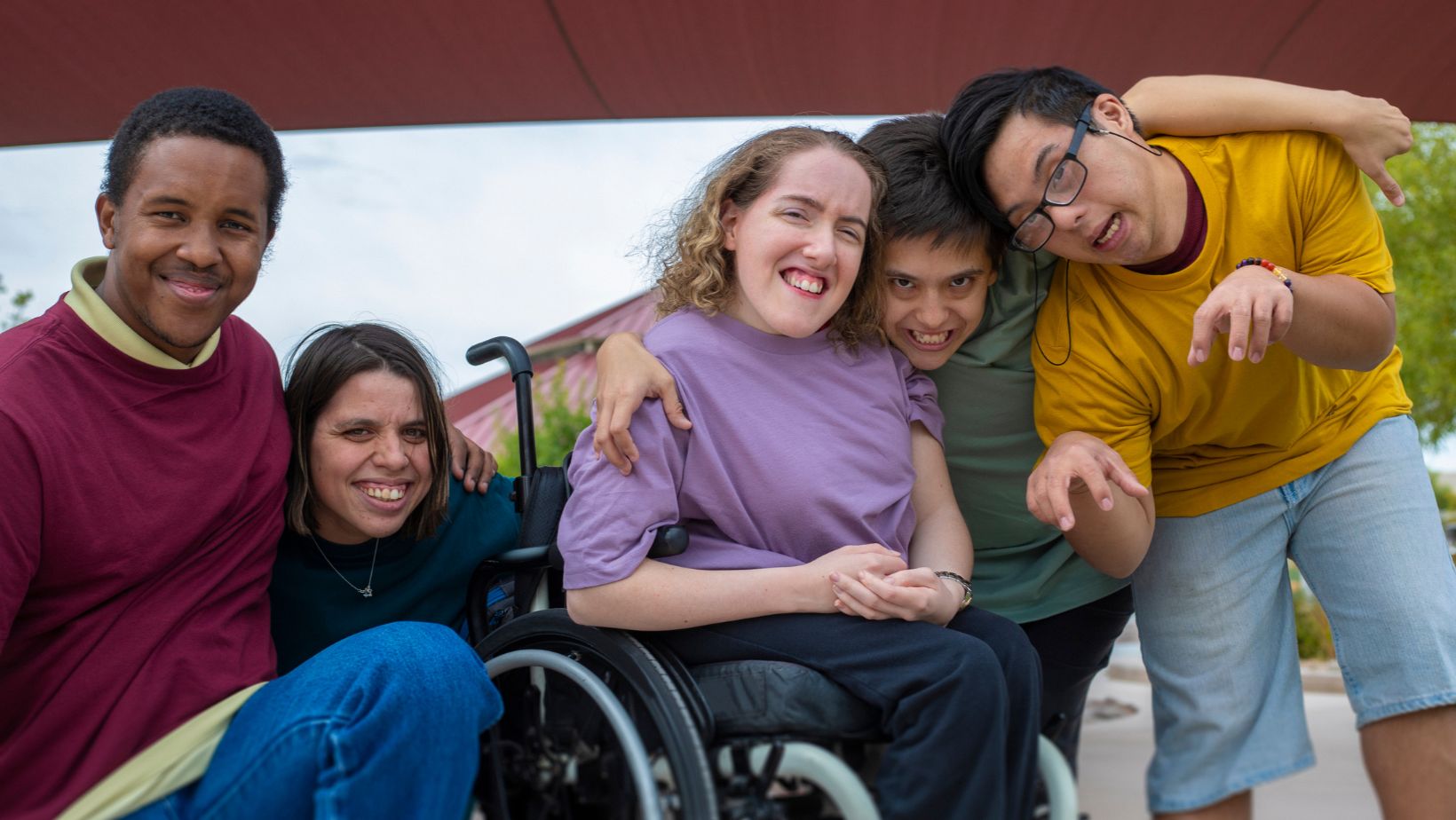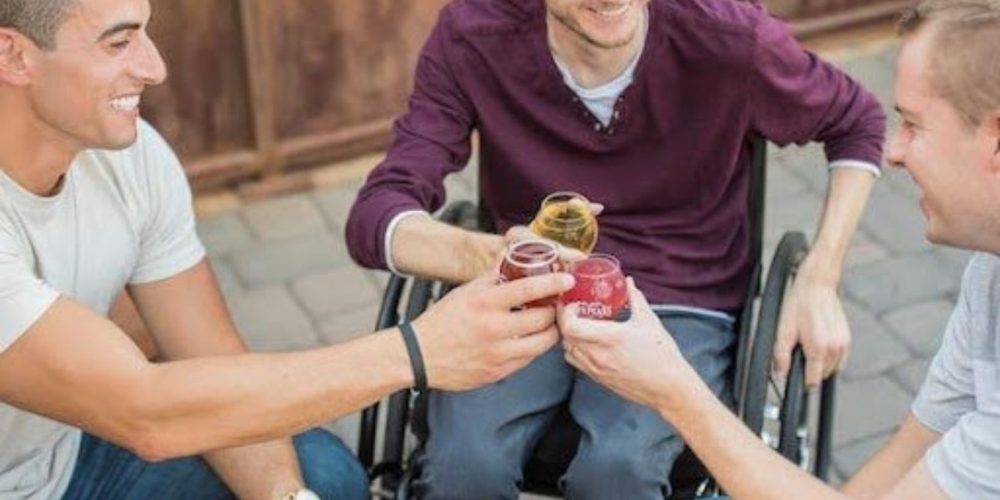Dealing with a disability may present many physical and psychological problems. Social stigma, issues of accessibility, and low self-esteem plague people with disabilities. Socially speaking, we need to build an environment where people with disabilities feel included and empowered. This article helps people understand how to help people with disabilities, especially raising self-esteem and promoting inclusion. It will also cover larger issues, such as social attitudes influencing well-being.
Understanding The Challenges
To help people with disabilities, first, you need to know their plight. Isolation and low self-worth can stem from physical barriers, limited accessibility, or negative perceptions. Companies like LightRx can help some of these problems, while some may be permanent, so understanding these aspects can help a person know how to help others. By being aware of these difficulties, we can move toward building a more caring and accepting society.

Promoting Positive Self-Esteem
Everyone, regardless of abilities, needs to build and maintain positive self-esteem. Self-esteem is affected for people with disabilities by society’s attitudes, facilities, and accomplishments. They need to have good self-esteem as it will help them conquer the daily challenges of their condition. Here are some strategies to help foster positive self-esteem:
Emphasize Abilities, Not Limitations: Emphasize individual strengths and capacities instead of limitations. Achievements, talents, and skills can help build up a good self-image. By doing this, you make them feel that they have valuable skills to offer and thus are able to help in a certain way or at a certain position. This helps them build up their self-esteem and self-worth.
Set Realistic Goals: Help people with disabilities develop realistic and achievable goals. This makes one feel a sense of accomplishment and boosts self-esteem. After they set a goal and actually work till they achieve it, they are able to have a sense that they can do anything they put their mind to. This helps to build up their esteem and feel better about themselves.
Encourage Self-Advocacy: Allow people with disabilities to speak for themselves. They can communicate their wishes and needs, playing a more active role in decisions about issues that affect them with greater control. Besides getting the opportunity, seeing their own opinions valued can do a world of wonders for these kids ‘self-esteem.
Provide Positive Feedback: Every little achievement must be recognized and celebrated. This kind of positive reinforcement can affect a person’s self-esteem and have lasting effects on his work. Just like any other person, a disabled person requires the validation that comes with doing something right, and by celebrating their achievements, you help instill a sense of determination.

Fostering Inclusivity
Making an inclusive atmosphere is important for the welfare of disabled people. Accessibility is about physical access, but to achieve an atmosphere of inclusivity, it’s also important for individuals to feel they belong and are accepted. Here are ways to promote inclusivity:
Accessibility in Physical Spaces: Make public spaces, workplaces, and recreational areas accessible to people with disabilities. Accommodations such as ramps, elevators, and accessible restrooms are part of this. This helps them feel that they are wanted and seen in such spaces, making them feel better that they do not need to ask for help from strangers to get to where they want.
Inclusive Language and Communication: Emphasize respect for individual differences and inclusive language. Do not assume ability, and do not stick to a single form of communication that may alienate disabled recipients; rather, you can use sign language or assistive technologies. This will help get the information that you are conveying to each and everyone helping them feel that they are part of the community or society.
Encourage Social Connections: Encourage an open social atmosphere through the holding of events and activities that are open to all. Nurture friendships and ties that transcend limited physical strength so as to have a broad-minded social network. This acknowledges that a person is welcome and is part of society just like anyone else, giving them a chance to feel included.
Education and Awareness: Foster greater awareness of the various kinds of disability to heighten understanding and sympathy. Programs of education help dispel myths and stereotypes, leading to a more open-minded society. Sometimes people may be insensitive without knowing, which brings the need to educate and eradicate the stigmas to help a person feel that they are respected.
Addressing Societal Attitudes
Negative attitudes about disabilities in society can greatly affect the self-esteem and well-being of people with disabilities. Changing these attitudes requires effort on all fronts. Here are strategies to address societal attitudes:
Advocacy and Representation: There should be organizations and programs promoting the rights of individuals with disabilities. Media and public space visibility can change stereotypes into being inclusive. It is crucial to establish education and training programs about disabilities to promote understanding. Educators, employers, and the general public can all be given training sessions that help destroy myths that lead to a more open society.
Legal Protections: People should promote and enforce laws that ensure the rights of handicapped persons. Accessibility, anti-discrimination, and equal opportunity legislation can help foster positive changes in society. Sharing stories and experiences can also help to promote empathy and understanding. Humanizing the difficulties of handicapped persons will smash down walls and create a more civilized world.
Creating such an environment means developing personal, social, and societal factors. All this can make a happier, more united society for everyone. Such a world in which people with disabilities both feel good about themselves and thrive as bona fide citizens must be achieved together by involving individuals, communities, organizations (including religious institutions), and the nation.





